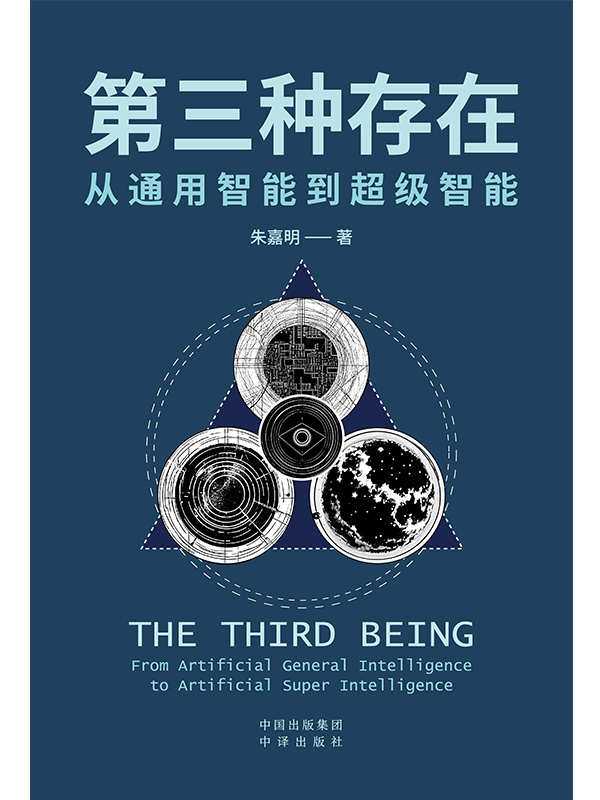
The Third Being:
from Artificial General Intelligence to
Artificial Super Iintelligence
Paper Back
2025-03-01 | ISBN: 978-7-5001-8133-0
Rights Manager: Zhao Qing
Phone: 13146025787
Introduction
This book is an all-encompassing, multi-dimensional monograph that explores the historical evolution, current status, and future trends of artificial intelligence. The book argues that thousands of years of human civilization is based on two kinds of existence: the first is the existence of physicality and substance; the second is the existence of spirituality and consciousness. After 2022, due to the integration of AI and neural networks, breakthroughs in deep learning, and the emergence and application of large language models, AI can deal with natural languages, knowledge representations, rational thinking, and automated reasoning, and is gaining the ability to think and act like a human being. The third kind of existence created by AI is a complex ecosystem of "AI + human being + environment". AI and humans, human society, and the natural world exist in a mutually “embedded” relationship. This book is divided into four chapters. The first chapter explains the scientific principles of AI, the history of AI integration with various disciplines, and the relationship between natural intelligence and AI. The second chapter focuses on large language models and their applications, as well as the significance and future development trend of the rise of embodied intelligence. The third chapter prospectively analyses the impact and changes of AI on traditional economics, as well as the impact and transformation of AI on economics, finance, regional development, urbanization, and especially education. The fourth chapter examines from a humanities and arts perspective how artificial intelligence is reshaping humanity itself, its impact on scientific research methods, artistic development, and feminist consciousness, as well as the profound implications found in related science fiction novels and games. The book is interdisciplinary, historical, and practical, involving philosophy, economics, sociology, logic, bio-neurology, and related hard technologies. It focuses on the real-world applications of AI, as well as the continuous impact and deep-seated changes of AI on the economic growth model, the economic system, geopolitics, and cultural patterns. It advocates for stronger global collaboration on AI governance, warning against letting artificial intelligence fall under the control of capital interest or become naturally monopolized.
